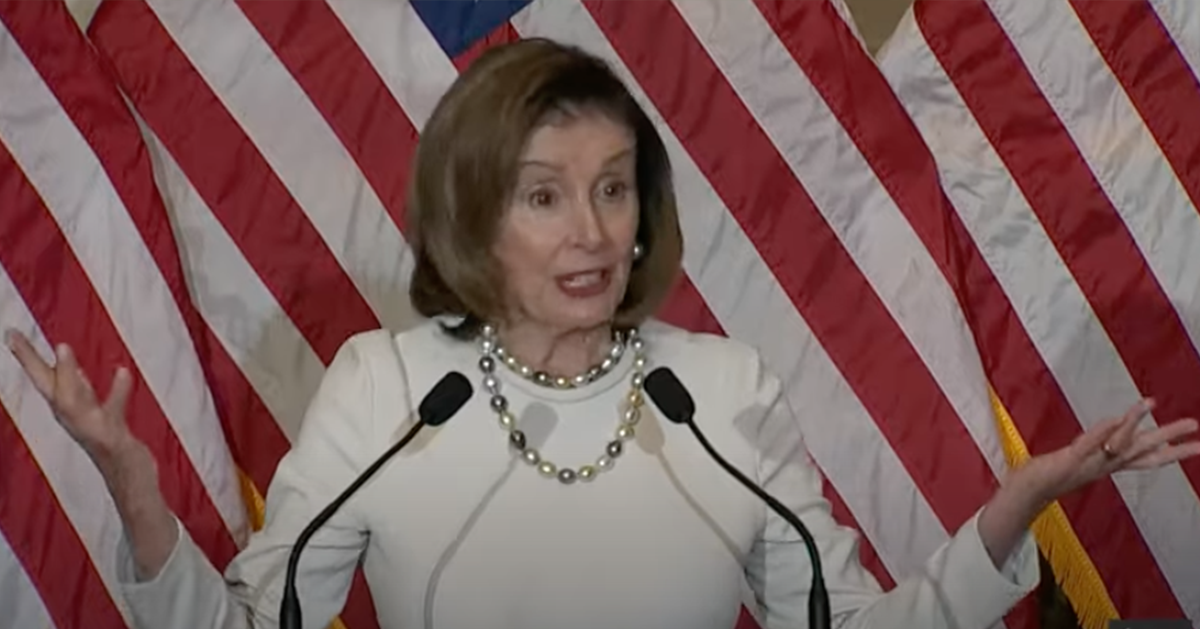Norm Eisen blasted over inconsistent treatment of John Roberts, Clarence Thomas
A recent controversy has surfaced surrounding Norm Eisen, a longtime Democratic Party operative, and his remarks about a past visit by Supreme Court Chief Justice John Roberts to Prague during Eisen's term as an ambassador.
Eisen, who has faced criticism for his efforts to challenge conservative figures, recently discussed Roberts' visit on a podcast, sparking debate amid his ongoing ethics campaigns against SCOTUS Justice Clarence Thomas and President Donald Trump, as Breitbart reports.
In a May 2024 episode of the Pantsuit Nation podcast, Eisen recollected an encounter with Roberts, noting that the justice stayed with him for a week in Prague.
During that period, Eisen served as the U.S. ambassador to the Czech Republic from 2011 to 2014. His goal in mentioning Roberts' visit was to illustrate the jurist's commitment to working on issues related to the rule of law in both the United States and Europe.
History of anti-conservative advocacy
Eisen has been a prominent Democratic Party advocate who has recently come under fire. His security clearance was notably revoked by Trump along with other individuals involved in legal actions against him.
Trump targeted those he referred to as "lawfare" operatives, including Eisen. Critics of the move have pointed out what they say are Eisen's previous efforts to hold conservative figures accountable and question their ethics.
Eisen has been involved in several campaigns against conservative individuals on what he says are grounds of ethics and integrity. Notably, he founded the Citizens for Responsibility and Ethics in Washington (CREW), an organization aimed at promoting ethics in government and known to have received funding from financier George Soros.
Eisen participated in efforts to impeach Trump, including the first impeachment investigation during his initial term in office. During this investigation, he was responsible for presenting a strategically edited video of Trump, highlighting the importance of context and interpretation in political discourse. These actions cemented Eisen's reputation as a divisive figure, particularly among conservatives who accuse him of partisanship.
Roberts' association with Eisen under microscope
In addition to his work on Trump, Eisen has been a vocal critic of Justices Clarence Thomas and Brett Kavanaugh. He raised concerns regarding their conduct and ethical standards. During Kavanaugh's highly publicized confirmation hearing, Eisen took critical note of Kavanaugh's demeanor, describing an emotional response as indicative, in his opinion, of certain behaviors. This evaluation of Kavanaugh fed into larger debates regarding judicial temperament and ethics.
The mention of Roberts' stay in Prague resurfaced in Eisen's discussion on the podcast, once again bringing Eisen's actions and motivations into the spotlight. During the discussion, Eisen expressed his belief that Roberts was not corrupt and highlighted the productive collaboration they engaged in while promoting the rule of law issues.
Eisen's comments contrasted sharply with his portrayal of other justices, particularly Thomas. Eisen has been openly critical of Thomas' conduct and ethics, frequently raising concerns about potential conflicts of interest and behavior he insists are unbecoming of a Supreme Court justice. Eisen's characterizations of Roberts, however, aim to establish a distinction between what he views as ethical and unethical conduct within the judiciary.
Controversial figure holds forth
While Eisen reported that Roberts stayed "under his roof" in Prague, he emphasized their mutual work on legal matters affecting both sides of the Atlantic. Roberts' participation during that weeklong visit extended beyond personal hospitality and ventured into legal discussions meant to foster stronger rule of law initiatives.
The controversy surrounding Eisen underscores larger political tensions between conservatives and liberals regarding ethical standards and judicial accountability.
Eisen's critiques of figures like Thomas and his role in challenging Trump's presidency have made him a controversial figure in the political arena. His actions and public statements continue to elicit mixed reactions from different sectors of the political landscape.
Critics argue that Eisen's efforts magnify partisan divides and that his history of challenging conservative figures represents a broader strategy to undermine political opponents. Supporters maintain that his actions are necessary for ensuring ethical governance and integrity within the judiciary and government institutions.
Debates over Eisen's role continue
Eisen's recent loss of his security clearance also adds to the complexity of his standing in political discourse. While his detractors might view this as a justified consequence of his actions, his supporters may interpret it as retribution for advocating for accountability.
As debates continue around Eisen's role and motivations, the political factionalism in American politics remains a crucial factor influencing perceptions of his actions. The controversy over Roberts' visit and the contrasting portrayals of justices serve as reminders of the ongoing struggle over ethics and legality in political discourse.
Ultimately, Eisen's publicized encounter with Chief Justice Roberts represents only one aspect of his broader campaigns to address ethical issues within the American political system. The discussion around Eisen, Roberts, and conservative figures highlights ongoing debates and underscores the enduring tensions in American political life.




